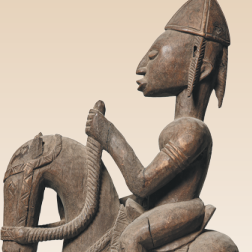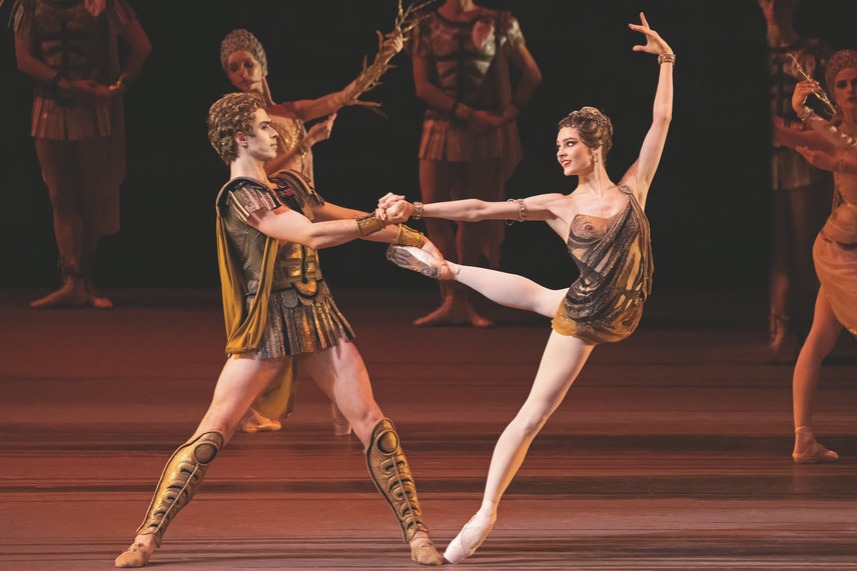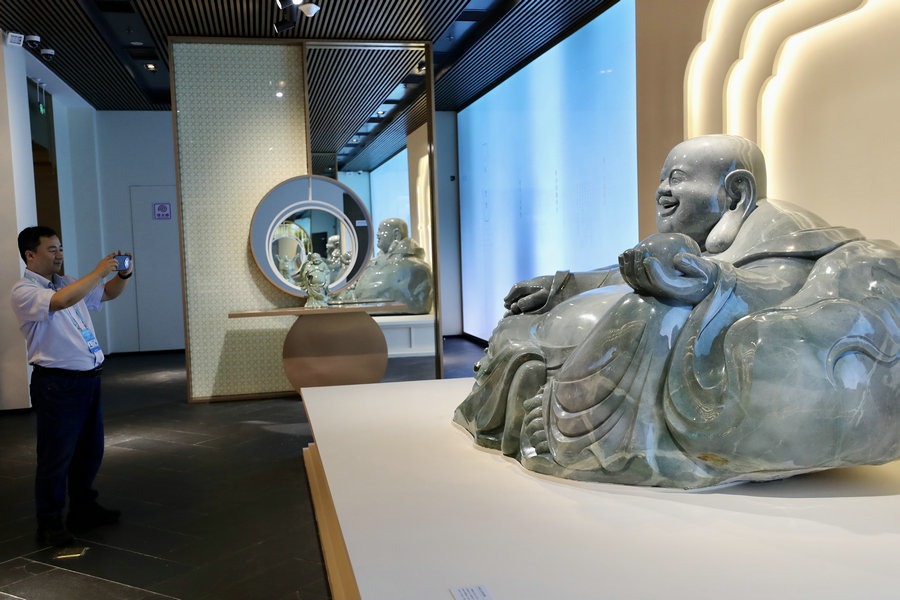Beijing swayed by the rhythms of unique African culture


Joyful music
African music, especially its renowned rhythms, is also gaining popularity in Beijing.
At a music learning center in northern Beijing, students aged from 7 to 50 are learning to play African drums and the intricate rhythms that characterize the continent.
Teacher, Liu Yaoli, a 27-year-old from Guiyang, Guizhou province, said: "Through music and skills development, students can gain an understanding of rhythm and timing, allowing them to add dynamism to their playing.
"This keeps the learning process engaging, as they're not simply repeating the same patterns. As a result, they develop a unique feel for African drumming."
Liu said most Africans have natural musical talent, and seek to express it in every possible way, especially through performances.
The origins of drumming on the continent are believed to have come from the Mandinka people in West Africa and the goblet-shaped djembe drum around 1300 AD.
There are multiple stories about the origins of drums handed down through oral histories. One of the most common is that the Mandinka people were a naturally optimistic people and constantly sang in their daily lives. Whenever they sang, Mandinka girls would start dancing happily, but the boys could only clap their hands to keep the beat or stand by silently.
In order to involve the boys, a blacksmith crafted a wooden instrument in the shape of a vessel used to crush grains, and covered it with an animal skin. As a result, the first African drum, the djembe, was born.
"People came (to our music base) not just to learn, but also to experience the joy of playing, to release the pressure they face daily," said Liu. "African drums, with their infectious rhythms, create a sense of freedom and happiness, for our students."




































